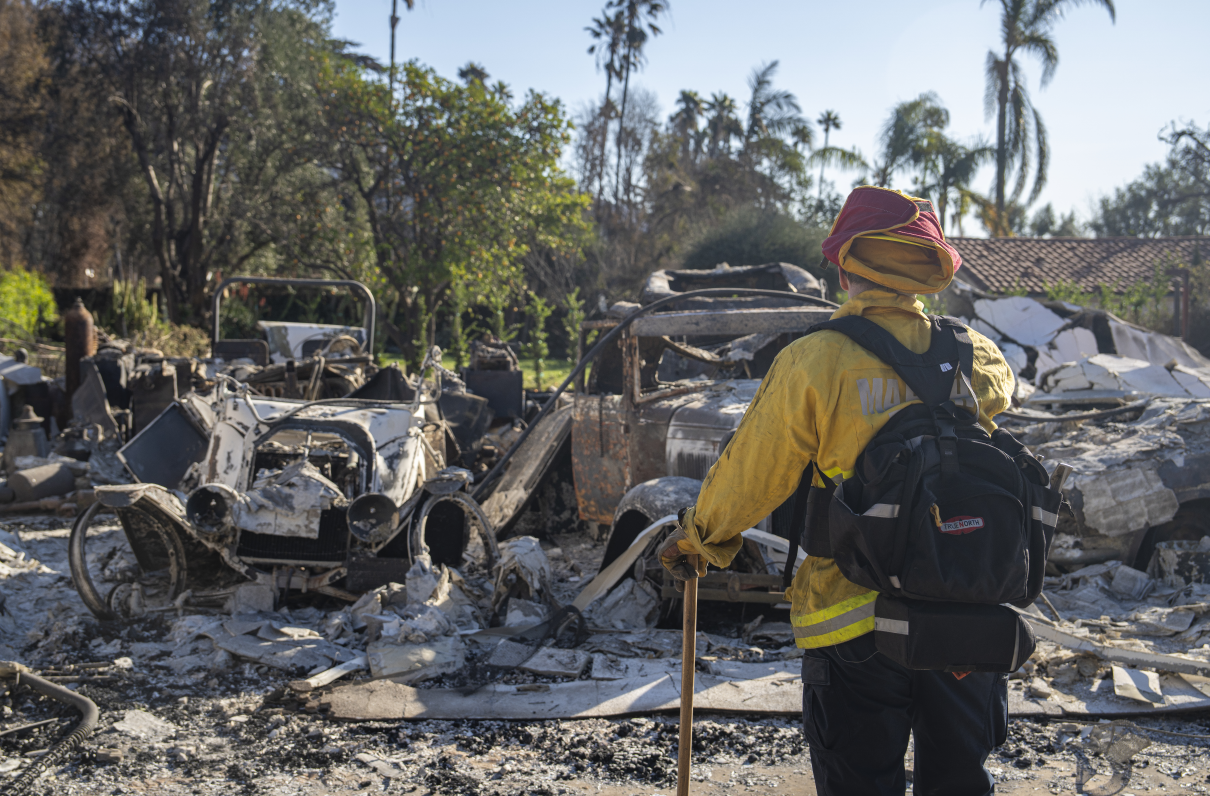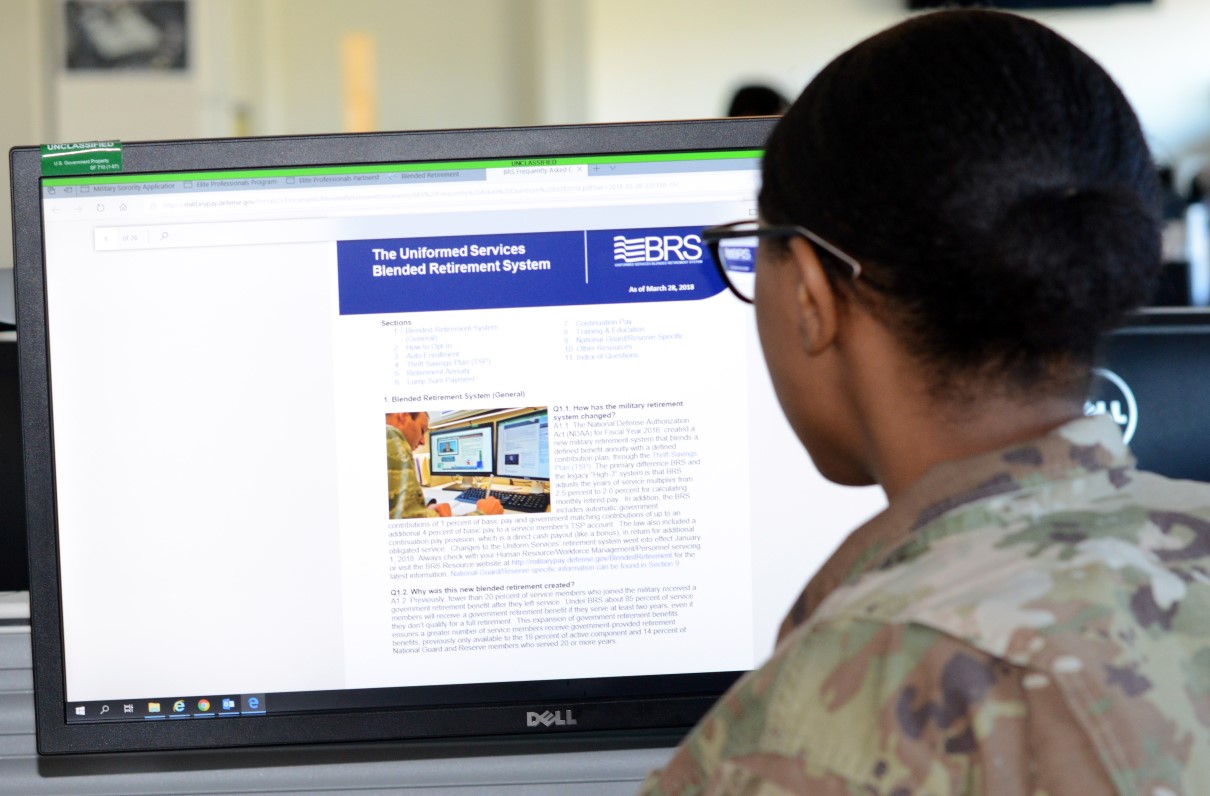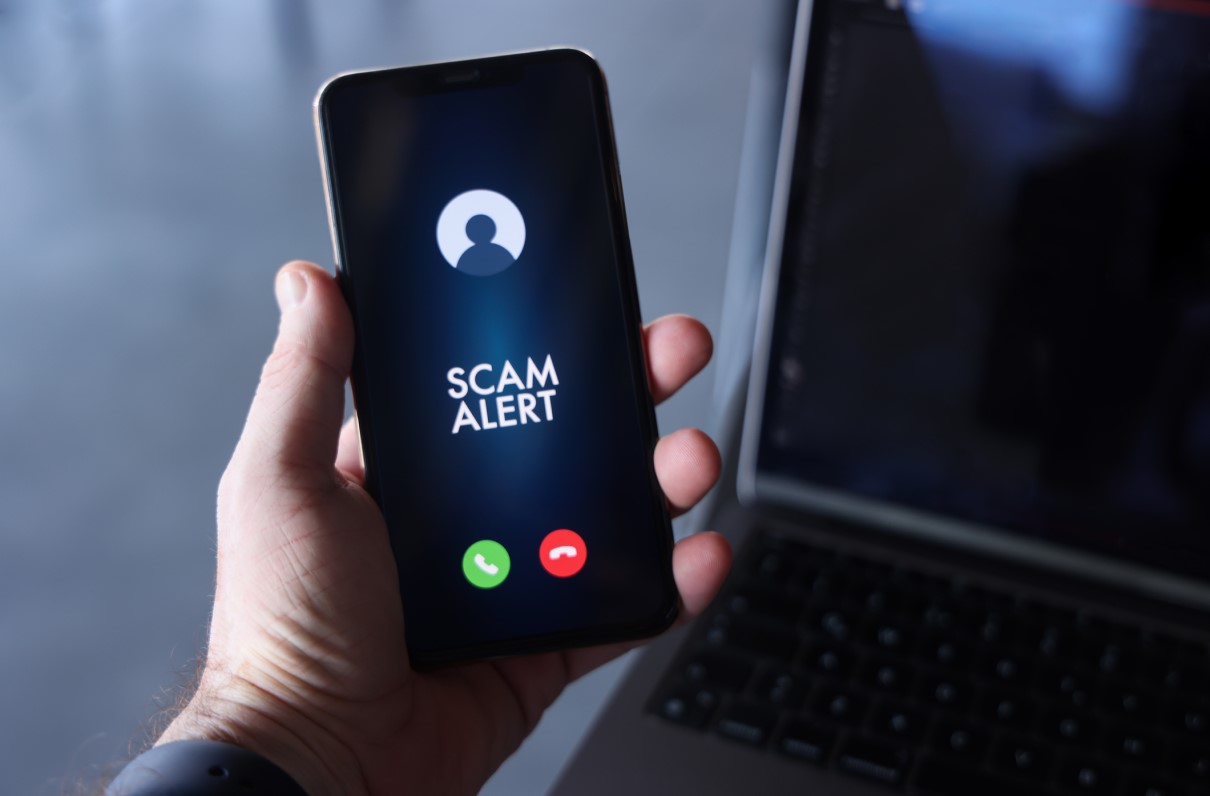Natural disasters continue to dominate headlines in the new year, and in 2024, communities across the country suffered from more than two dozen such disasters that caused at least $1 billion in damages apiece.
As those outside the path of fires and storms look to help those in need, scammers seek to take advantage of such generosity and divert recovery resources into their pockets.
Some basic precautions may keep a bad situation from becoming worse.
[TRUSTED SUPPORT: Donate to The MOAA Foundation and Crisis Relief Program | Apply for a Program Grant]
1. Relief Reality Check
- The fraud: Scammers will contact residents of areas hit by a disaster and pose as a federal or state official, collecting personal information under the guise of a disaster assistance application, or inspection request.
- The facts: Federal Emergency Management Agency (FEMA) officials will not ask for a Social Security number, and other government disaster-assistance personnel will not call you with questions about your finances, according to FEMA. FEMA doesn’t charge to inspect a damaged property. Think a request is fishy (or phishy)? Call the FEMA helpline at (800) 621-3362 to report an incident or determine its legitimacy.
[RELIEF AGENCIES: Army Emergency Relief | Navy-Marine Corps Relief Society | Air Force Aid Society | Coast Guard Mutual Assistance]
2. Insurance Issues
- The fraud: Instead of posing as a federal official, scammers may pretend to be with your insurance agency, calling with questions about a claim or offering a faster payment in exchange for detailed information or an expediting fee. Software may allow them to appear as if they’re calling from your provider.
- The facts: The safest step may be the simplest – if an “insurance company” representative calls, hang up and call the company back using the number on your bill or on the company website. The Federal Communications Commission (FCC) warns similar diligence may be necessary when dealing with contractors, who may claim nonexistent ties to your insurance company. Don’t provide insurance account information to these vendors without research; many states have online databases of licensed contractors.
[MOAA WEBINAR ARCHIVE: Learn Disaster Preparation From FEMA Experts (Premium/Life Member Login Required, or Register to Watch]
3. Charity Scams
- The fraud: Charity fraud warnings after a disaster are standard procedure, with scammers pocketing donations. These can take many forms, from door-knockers near the affected area to phony emails or text messages to phone solicitations.
- The facts: The Federal Trade Commission outlines what you should know in this video, but the advice remains simple: Do your homework, skip charities that pop up in the aftermath of tragic events, and instead donate to charities with a track record. In 2024, The MOAA Foundation provided more than $260,000 to those in need via its Crisis Relief Program, approving 89% of aid applications.
[RELATED: The MOAA Foundation Crisis Relief Program]
4. The Old Favorites
- The fraud: In many cases, disaster-related scams and veteran-focused scams simply repurpose existing fraud tools for new (and vulnerable) audiences. Be on the lookout for some classics: Unprompted text messages with links, emails with misspelled words and close-but-not-quite logos and designs, and other efforts to separate the donor (or relief-seeking storm victim) from their money.
- The facts: When in doubt, delete those messages and report these attempts. The National Center for Disaster Fraud (NCDF), founded in the wake of Hurricane Katrina, offers an online web complaint form and a toll-free Disaster Fraud Hotline (866-720-5721).
This article was originally published in August 2023 and is updated regularly. Last update: January 2025.
The Smart Money’s on MOAA
Making sound financial decisions is not always as simple as we would like. PREMIUM and LIFE members can access MOAA's Financial Planning Guide, as well as speak with a MOAA financial expert for additional assistance.





